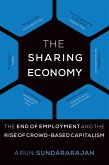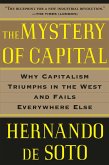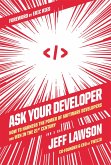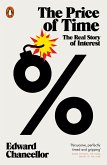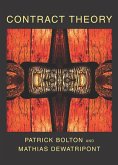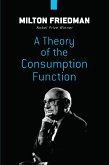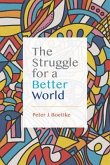The information age is giving birth to digital peer-to-peer networks and open knowledge. Barriers to industries, shareholder investment thresholds, and geographies have fallen. New technologies emerge to support drastically different ways of conducting business as we have seen with blockchain, AI, and robotics.
RIGHT IN FRONT OF OUR EYES This Information Age doesn't revolve around centralized, hierarchical command and control mindsets nor laws of natural resource scarcity developed in prior centuries. We need new models to understand and engage in this innovation wave. We need to move from thinking about traditional economics to thinking about wealth. We might even begin to see that wealth is not the same as accumulation.
AN OBSOLETE CONTEXT For the past 100 years, business schools have taught Economics as "a social science which is concerned with the production, distribution, and consumption of goods and services and is the study of how individuals, businesses, governments, and nations make choices about how to allocate resources." It is important to start from what we believe because when we change the filters through which we see, our understanding also changes.
This book challenges our beliefs by asking: Does our current economics create scarcity or is it about resource allocation? In this book, we'll be looking at the Eight Business pillars of an organization through the filter of abundance using case studies of current companies that are defeating old mindsets and beliefs of scarcity.
Dieser Download kann aus rechtlichen Gründen nur mit Rechnungsadresse in A, B, CY, CZ, D, DK, EW, E, FIN, F, GR, H, IRL, I, LT, L, LR, M, NL, PL, P, R, S, SLO, SK ausgeliefert werden.



